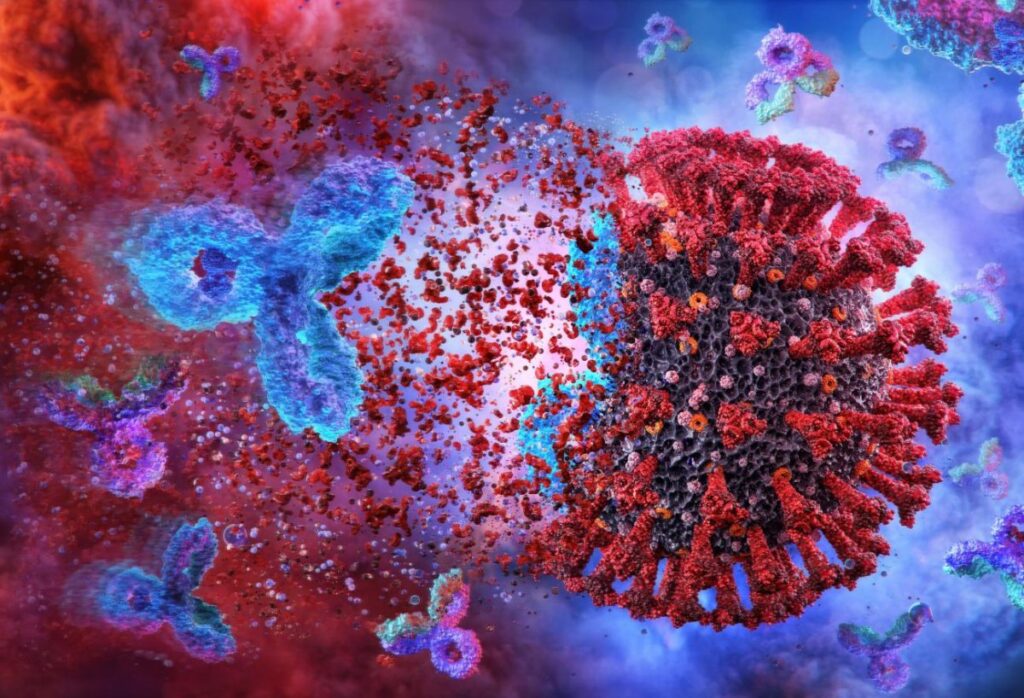
You might want to bookmark this, because the misinformation on social media is relentless.
A recent nationwide study has revealed that there were fewer heart attacks and strokes in England, adjusting for risk factors like age, after people received COVID-19 vaccinations compared to before. The benefits were even greater with second vaccinations and booster shots. While the study cannot completely disprove the claim that vaccination is linked to an increase in these events, it makes such an association extraordinarily unlikely.

When the conspiracy theory about vaccines containing microchips failed to gain traction, vaccine opponents shifted their fearmongering to heart attacks and strokes. This claim had a small kernel of truth: a very limited number of cases of thrombocytopenia did occur shortly after vaccination, leading to the UK limiting AstraZeneca’s use to those over 40. However, the evidence strongly indicated that the risks posed by the virus far outweighed any potential risks from the vaccines.
Despite the overwhelming evidence, the myth that vaccines are harmful persists, especially after AstraZeneca announced they would stop producing their vaccine for unrelated reasons. A new study, involving three of the UK’s leading universities, analyzed deidentified health records from 45.7 million adults in England from December 8, 2020, to January 23, 2022.

The study found that the incidence of arterial thromboses, which includes heart attacks and strokes, was 10 percent lower in the 13-24 weeks following the first dose of either vaccine used in the UK. This aligns with previous evidence but adds new insights into subsequent vaccinations. After second and additional doses, arterial thromboses decreased even further compared to the unvaccinated – by 20 percent for the Pfizer/BioNTech vaccine and 27 percent for AstraZeneca. Similar reductions were observed for other thrombotic events, although the decision to restrict AstraZeneca’s use among younger people will need further examination.
With nearly 97,000 thrombotic events recorded over an average of six months between the start of the study period and first vaccination, these reductions represent significant lives saved. Although confounding factors could influence the results, the odds of an alternative explanation being valid are extremely low.

Dr. Samantha Ip of the University of Cambridge, co-first author of the study, stated, “We studied COVID-19 vaccines and cardiovascular disease in nearly 46 million adults in England and found a similar or lower incidence of common cardiovascular diseases, such as heart attacks and strokes, following each vaccination than before or without vaccination. This research further supports the large body of evidence on the effectiveness and safety of the COVID-19 vaccination programme, which has been shown to provide protection against severe COVID-19 and saved millions of lives worldwide.”
The study confirmed that previously reported increases in myocarditis and pericarditis after the Pfizer/BioNTech vaccine, and cases of thrombotic thrombocytopenia from AstraZeneca, were real but very rare and typically occurred within the first four weeks after vaccination. By contrast, severe cardiovascular disease was more common following COVID-19 infection. While the authors are cautious about directly linking the decrease in cardiovascular events to COVID-19 prevention, it is the most likely explanation.

Avoiding vaccination due to fears of rare side effects is akin to refusing to wear a seatbelt due to isolated cases of people being trapped, ignoring the overall safety benefits.
Professor William Whitely of the University of Edinburgh, a co-author of the study, remarked, “This England-wide study offers patients reassurance of the cardiovascular safety of first, second, and booster doses of COVID-19 vaccines. It demonstrates that the benefits of second and booster doses, with fewer common cardiovascular events including heart attacks and strokes after vaccination, outweigh the very rare cardiovascular complications.”
Source: Nature

Leave a Reply